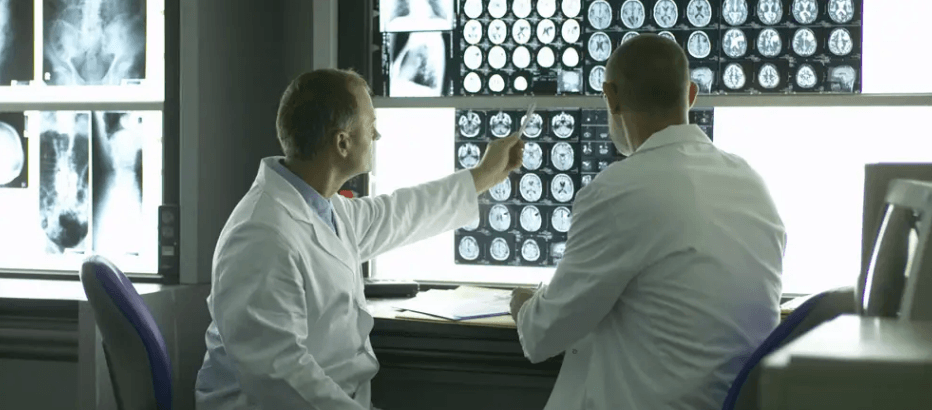Brain surgery is one of the most intricate and complex medical procedures, requiring unparalleled precision and expertise. At the heart of these procedures lies the work of neurosurgeons, specialists who diagnose and treat conditions affecting the brain, spinal cord, and nervous system. But what exactly does a neurosurgeon do, and how do they perform brain surgery to address various conditions?
What Conditions Do Neurosurgeons Treat?
Neurosurgeons focus on a wide spectrum of conditions related to the brain, spine, and nervous system. These conditions often range in severity and complexity, requiring a detailed and personalized approach for each patient. Neurosurgeons often treat benign and malignant brain tumors. These are abnormal growths that can develop in the brain tissue or nearby structures. Tumors can lead to symptoms such as headaches, seizures, or changes in cognitive function. Depending on the tumor type, size, and location, treatment may vary.
Conditions affecting blood vessels in the brain, such as aneurysms, fall under the expertise of neurosurgeons. Urgent surgical intervention may sometimes be required to prevent life-threatening complications. While neurosurgeons traditionally focus on the brain, many also treat spinal disorders, such as spinal stenosis, which may impact the brain’s functioning through the nervous system.
How Do They Treat These Conditions With Brain Surgery?
Neurosurgeons rely on advanced medical techniques and technologies to manage brain conditions effectively. Minimally invasive brain surgery is often performed using small incisions and advanced imaging technologies. These techniques can minimize the risks associated with open surgical procedures, reduce recovery time, and decrease post-operative discomfort.
For more complicated cases, such as large tumors or severe traumatic injuries, neurosurgeons may perform a craniotomy. This involves temporarily removing a section of the skull to access the brain. After treating the condition, the removed portion of the skull is carefully secured back in place. Some conditions, like deep-seated tumors, are treated using focused radiation. Techniques such as linear accelerator-based radiosurgery target specific areas without the need for open surgery.
For certain disorders or tumors, neurosurgeons may implant devices that provide electrical stimulation to regulate abnormal activity in the brain or spinal cord. This treatment is tailored to individual patients and monitored for effectiveness. For conditions like aneurysms, neurosurgeons perform procedures to create pathways for excess blood to drain. Clipping or bypass techniques are commonly employed. A growing area in neurosurgery is the integration of robotics. Robotic systems aid in precision, allowing neurosurgeons to perform delicate procedures with improved efficiency and accuracy.
Speak Further With a Neurosurgeon
The work of neurosurgeons is invaluable in addressing problems affecting the brain and nervous system. While the conditions they treat and the techniques they employ are highly specialized, these professionals are integral for enhancing patient outcomes and improving quality of life. If you are experiencing symptoms of a neurological condition, consulting a neurosurgeon can provide clarity and guidance on the most appropriate treatment options. These experts can evaluate your situation carefully, making sure that these personalized recommendations are tailored to your needs. Speak with a trusted medical professional today and take the next step toward understanding your neurological health.
- Zirconia Cap Price: Estimated Cost & Its Long-Term Benefits
- FREHF – The Revolutionary Future Of Human-Centered Technology!
- Adsy.Pw/Hb3 – Boost Your SEO And Drive More Traffic!
- Fitness Based Vacations By Timeshealthmage.com!
- TimesHealthMag Tips For Improving Sleep Quality – Expert Advice For Better Rest!


Leave a Reply